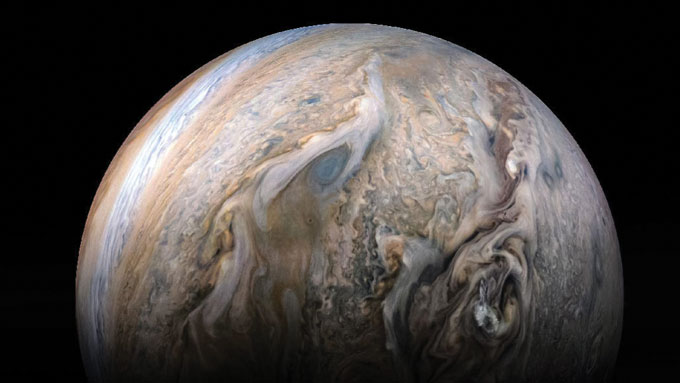Readers question carbon nanotube transistors and brain organoids
- More than 2 years ago

Chip off the old carbon block
Scientists built the first microprocessor that uses thousands of carbon nanotube transistors, Maria Temming reported in “A chip made with carbon nanotubes, not silicon, marks a computing milestone” (SN: 9/28/19, p. 7).
Reddit user SchwarzerKaffee asked about the environmental impact of producing carbon-based microprocessors versus standard silicon-based ones.
Making microelectronics from silicon “is very energy intensive,” says materials scientist Michael Arnold of the University of Wisconsin–Madison. But carbon nanotube microprocessors would also require many of the same components and take about as many steps to make as silicon ones, he says. “The energy consumption, water usage and by-products all associated with the fabrication of microprocessors likely will not be drastically different.”
Dishing on brain organoids
Brain organoids fired coordinated electrical signals similar to those seen in human babies’ brains, Laura Sanders reported in “Clumps of cells in the lab spontaneously formed brain waves” (SN: 9/28/19, p. 12).
Reader Steve Hieronymus wondered what possibilities this research holds for Alzheimer’s and Parkinson’s disease.
These small clumps of stem cells have offered some interesting insights, Sanders says. “Scientists have grown organoids from cells of people with an inherited form of Alzheimer’s and watched related proteins accumulate,” she says. “And organoids grown from people with Parkinson’s have key defects in nerve cells that make dopamine, a chemical messenger involved in the disease.” One big caveat: The organoids lack many important features of a real human brain, including the full repertoire of cells and blood vessels.
Correction
“Mom’s immune system and microbiome may help predict premature birth” (SN: 11/9/19, p. 14) incorrectly stated that 150 Detroit women in a study to identify biomarkers of preterm labor gave birth prematurely. Of the 150 women, 71 women experienced preterm birth.
Many moons
In 2018, scientists reported five additional moons orbiting Jupiter, bringing the planet’s total to 79. The International Astronomical Union named the new moons after descendants or consorts of the Greek god Zeus, Lisa Grossman reported in “5 of Jupiter’s newly discovered moons received names in a public contest” (SN: 9/28/19, p. 4). On Facebook, Anthony Barcellos jokingly decried the planet’s plethora of moons: “I memorized the names of Jupiter’s moons when I was in elementary school — and there were only twelve. I give up!!!”
